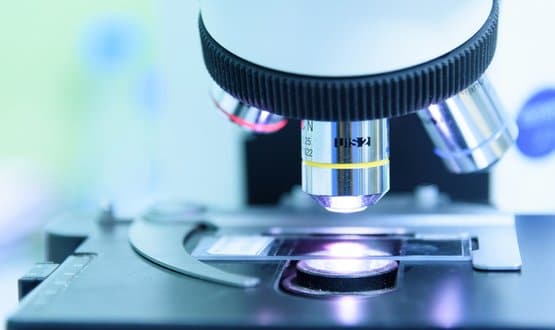Exploring the rare diseases action plan
- 14 March 2022

In a piece for Digital Health, the minister for patient safety and primary care, Maria Caulfield, explores the recently announced rare diseases action plan.
Despite the pandemic, we have been working hard to improve the lives of people with rare diseases. Last year, we launched the UK Rare Diseases Framework with the devolved administrations, which set out our priorities to speed up diagnoses and improve treatment for rare conditions.
There are more than 7,000 rare conditions affecting an estimated 3.5 million people in the UK. They include conditions we have all heard of, such as muscular dystrophies and Huntington’s Disease, as well as lesser-known conditions such fibrodysplasia ossificans progressiva, which affects only around 1 in 2,000,000 people. There is a huge variation in how rare diseases manifest and are treated, and people often wait for a long time to receive the correct diagnosis. Even after diagnosis, in many cases no effective treatment is available, and it can be difficult to access specialist care, treatment and drugs.
Turning the priorities of the Rare Diseases Framework into a reality is no easy feat but is one I am committed to undertaking. This week to mark Rare Diseases Day 2022, England has published its very first Rare Diseases Action Plan: a landmark piece of work with sixteen action points to speed up diagnoses, accelerate access to treatment and improve the lives of those with rare diseases.
Key components
Technology and innovation are key components of the plan, with the UK being a world-leader in science and technology research. A new digital tool called ‘GeNotes’, will allow healthcare professionals to quickly access information on rare diseases to improve diagnosis, providing an educational platform that can integrate with NHS and other digital systems via a functional application programming interface (API). This allows two digital applications to talk to each other, meaning NHS digital platforms can use content from GeNotes withing their own system.
Furthermore, the NHS will develop a toolkit for virtual consultations to increase the effectiveness of videoconference and telephone clinic calls, making it easier for patients to access the coordinated care of multiple specialists. However, the pandemic brought to light the reality of digital exclusion, so patient needs and circumstances will be considered when consultation appointments are made.
Better access to specialist drugs and treatments cannot be achieved without research, which is vital to developing our understanding of various conditions. The UK is a global leader in science, and the plan includes £40 million of new funding for the National Institute for Health Research (NIHR) BioResource – whose work has already made groundbreaking discoveries – to further research on rare diseases.
The action plan has been developed with several delivery partners including NHS Digital and Health Education England, to ensure we have a joined-up approach to achieving our goals, but most importantly it has been shaped and driven by the experiences of the rare disease community, and we will continue listening as we review our goals and targets so we can make sure the plan is delivering tangible results.
Everyone in the country deserves the best care and treatment from our brilliant health and care workforce, regardless of the rarity of their condition.




